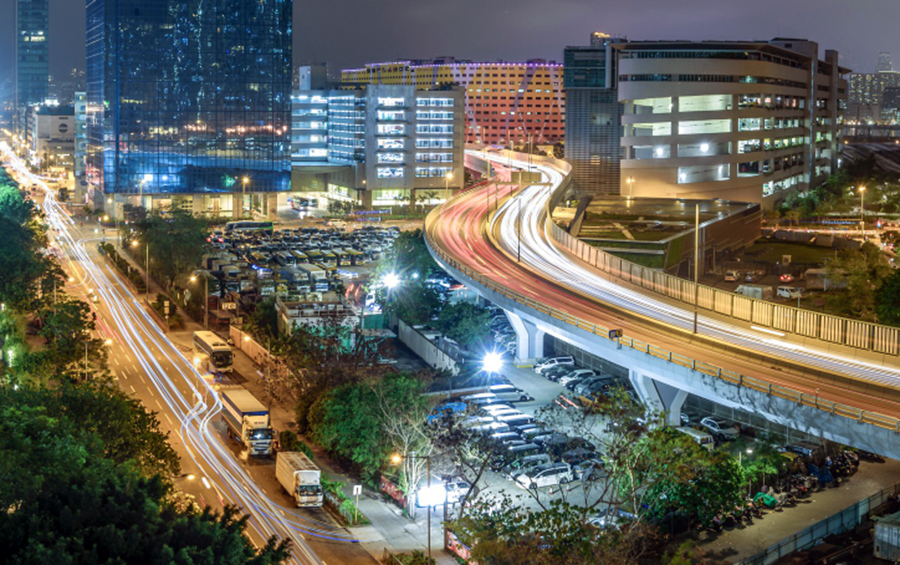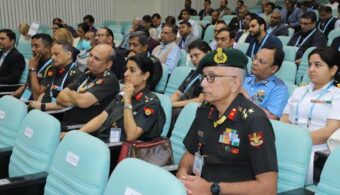Germany is prioritizing urban development in India, with a special focus on making public transport systems inclusive and accessible to all, said Caren Blume, Deputy Head of Cooperation at the German Embassy in India, during her visit to Kochi on Saturday, 13 April. Speaking at the Kochi edition of the Indo-German Partnership for Green and Sustainable Development, Blume emphasized that mobility lies at the heart of sustainable urban growth.
Blume’s remarks come as part of Germany and India’s shared commitment to achieving the United Nations Sustainable Development Goals (SDGs), a pledge reinforced during German Chancellor Olaf Scholz’s visit to India in 2022, when he and Prime Minister Narendra Modi agreed to deepen cooperation in green development.
Urban Mobility at the Core of Sustainability
“Urban transport is the lifeline of any city,” Blume told reporters. “And when we talk about sustainability, we need to talk about inclusivity — ensuring that mobility is accessible, safe, and efficient for every citizen.” She highlighted that Germany’s collaboration with India under the Green and Sustainable Development Partnership zeroes in on this vital aspect of city life.
Kochi Metro Praised for Inclusiveness and Safety
Caren Blume commended Kochi Metro Rail Limited (KMRL) for its progressive measures, calling the city a frontrunner in inclusive urban transport.
She pointed out that Kochi Metro has implemented a range of practices to promote safety and accessibility. “From well-lit stations to ramps for accessibility and employing women at various stations to foster a sense of security — Kochi Metro is ahead in ensuring inclusive transit,” she noted. However, she added that while the metro serves as a “perfect island” of progress, there are still gaps that need to be bridged citywide.
Last-Mile Connectivity and Infrastructure Still a Challenge
Blume emphasized the need to address last-mile connectivity — a crucial component in making public transport effective. She noted that despite the progress made, accessibility remains inconsistent.
“One major issue highlighted in our discussions is the gap in last-mile connectivity,” she said. “Buses, for instance, are not easily accessible. Even with the introduction of low-floor buses in Kerala, improvements in infrastructure and driving behavior are still necessary to ensure a seamless commute.”
Innovative Road-Sharing Concepts in the Pipeline
Blume expressed optimism about Kochi’s continued progress and revealed that a new road-sharing initiative is being piloted in the city with the support of German development agency GIZ.
“This project explores the concept of shared roads — a new idea for Kochi, where narrow streets make traditional Western designs with separate bike and pedestrian lanes unfeasible,” she explained. “Instead, these roads will be adapted to be walkable, cyclable, and safe for everyone — an inclusive and innovative solution tailored to local needs.”
Strengthening Indo-German Urban Development Ties
Blume’s visit underscores Germany’s broader commitment to sustainable urbanization in India. Through ongoing partnerships, including with agencies like KMRL and GIZ, Germany is keen to support India’s transition to greener, more inclusive cities.
“As a partner, we are excited to continue this collaboration and see how cities like Kochi evolve into models of sustainable urban transport,” Blume concluded.



